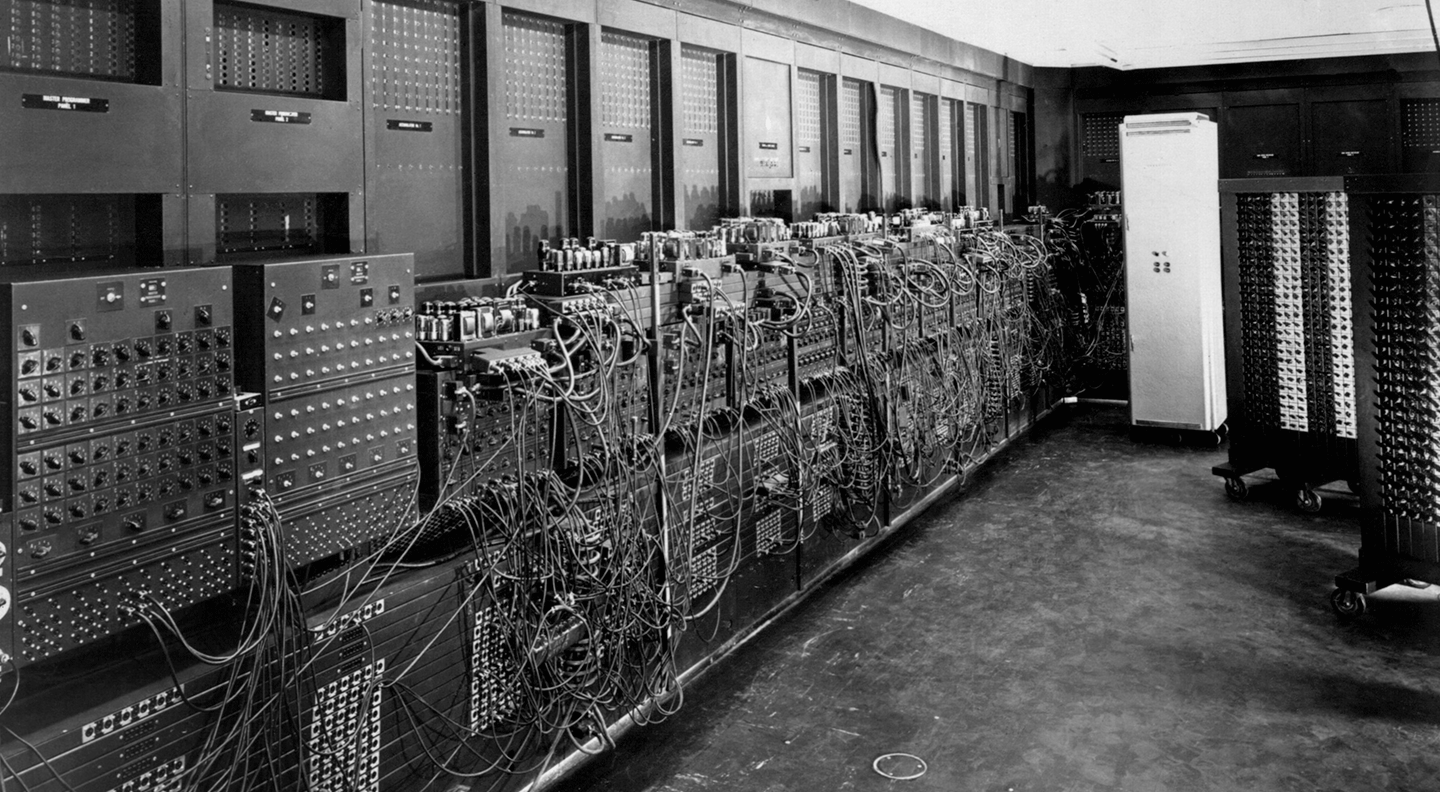- Joined
- Jun 10, 2016
- Messages
- 30,389
- Reaction score
- 20,781
I tried to do research into it. From what I got, instead of using 1's or 0's, it stays in superposition and isn't observed therefore it holds the possibility of either a 1 or a 0?
So...therefore it can in theory do multiple equations at once? Therefore you are cutting the amount of hardware computing and hardware in half?
If I am getting this right (I'm probably not) then how does this translate to multiple dimensions? A guy Joe Rogan had on brought up shrodingers cat and the observer effect. I get all that, but does the possibility of a different choice really create a split off reality? And even if it did, would Quantum computing be able to produce something solid that proves that or would it just be something assumed based on the math?
I'm just struggling to understand what is so apocalyptic about these things. And what's even the application if you aren't sure what it's calculating. And is it really that different from 2 computers running opposite 1 and 0 patterns at the same time?
So...therefore it can in theory do multiple equations at once? Therefore you are cutting the amount of hardware computing and hardware in half?
If I am getting this right (I'm probably not) then how does this translate to multiple dimensions? A guy Joe Rogan had on brought up shrodingers cat and the observer effect. I get all that, but does the possibility of a different choice really create a split off reality? And even if it did, would Quantum computing be able to produce something solid that proves that or would it just be something assumed based on the math?
I'm just struggling to understand what is so apocalyptic about these things. And what's even the application if you aren't sure what it's calculating. And is it really that different from 2 computers running opposite 1 and 0 patterns at the same time?


